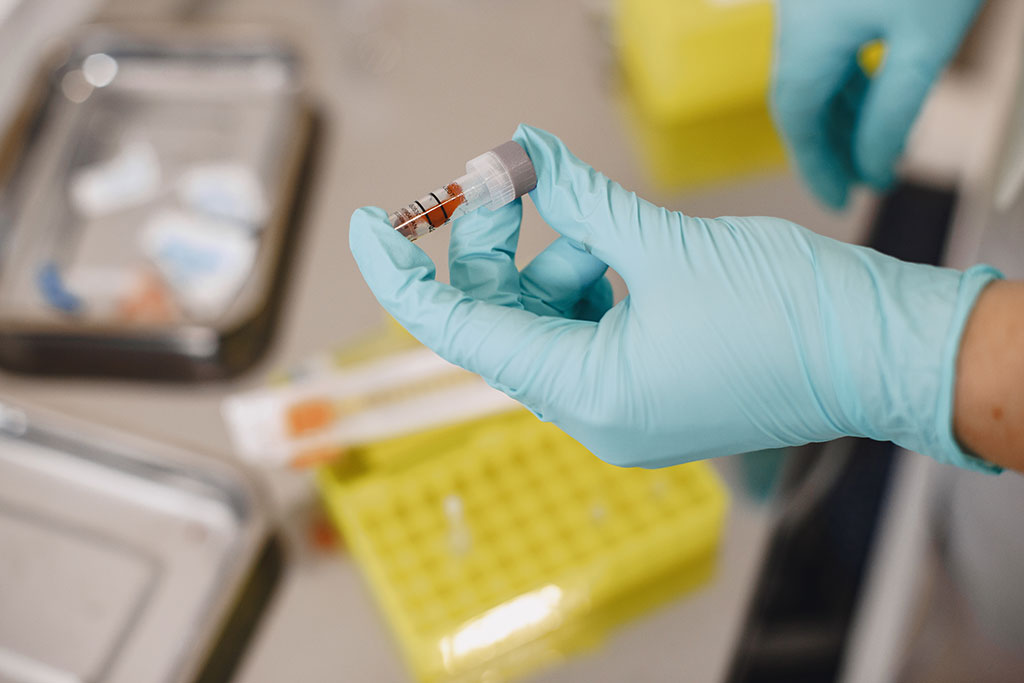New Blood Test Detects Prostate Cancer With 94% Accuracy
Posted on 09 Feb 2023
Prostate cancer is the most common cancer in men. For the first time in 20 years, cases of advanced prostate cancer are on the rise, according to new data from the Cancer Statistics, 2023 report released by The American Cancer Society (ACS). Currently, no single test is available for prostate cancer, although prostate-specific antigen (PSA) blood tests are the most commonly used, along with physical examinations, MRI scans and biopsies. However, PSA blood tests can give unreliable results, making them unsuitable for routine screening for prostate cancer. Among people who have a prostate biopsy due to elevated PSA level, only about a quarter are found to have prostate cancer. Hence, there is a need for a blood test that can detect prostate cancer with greater accuracy. Now, new research shows that the (Prostate Screening EpiSwitch) ‘PSE’ blood test is 94% accurate and much superior than the currently used PSA blood test.
The new PSE test, developed by researchers at the University of East Anglia (UEA, Norfolk, UK) in collaboration with Oxford Biodynamics (Oxford, UK) and colleagues, combines the traditional PSA test with an epigenetic EpiSwitch test and demonstrates significant potential as an accurate and rapid cancer screening diagnostic. The UEA researchers conducted a pilot study involving 147 patients in which they compared the results of the new test with those of the standard PSA test. They found that PSE significantly enhances the overall detection accuracy for at men at risk of prostate cancer.

“When tested in the context of screening a population at risk, the PSE test yields a rapid and minimally invasive prostate cancer diagnosis with impressive performance. This suggests a real benefit for both diagnostic and screening purposes,” said Prof Dmitry Pshezhetskiy, from UEA’s Norwich Medical School.
“There is a clear need in everyday clinical practice for a highly accurate blood test that can screen men for prostate cancer and accurately identify those at risk, while sparing those who up to now would be subject to unnecessary, expensive and invasive procedures,” added Dr. Jon Burrows, Chief Executive Officer at Oxford Biodynamics.
Related Links:
University of East Anglia
Oxford Biodynamics














